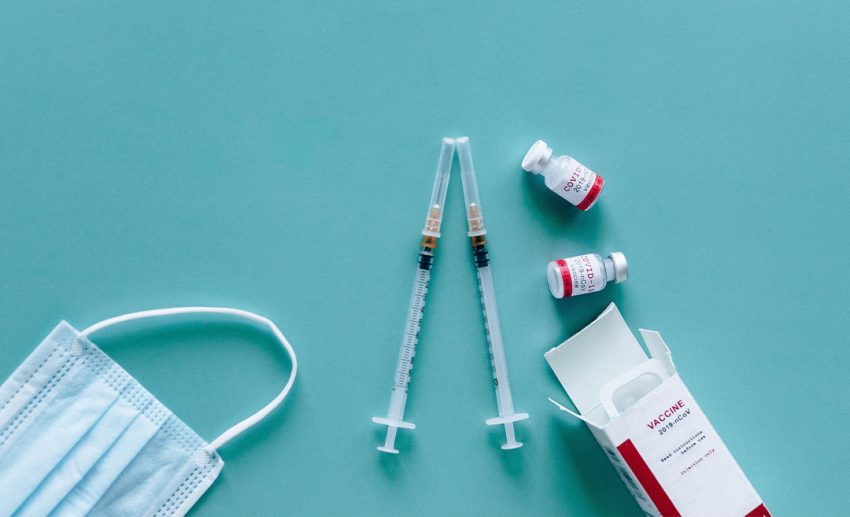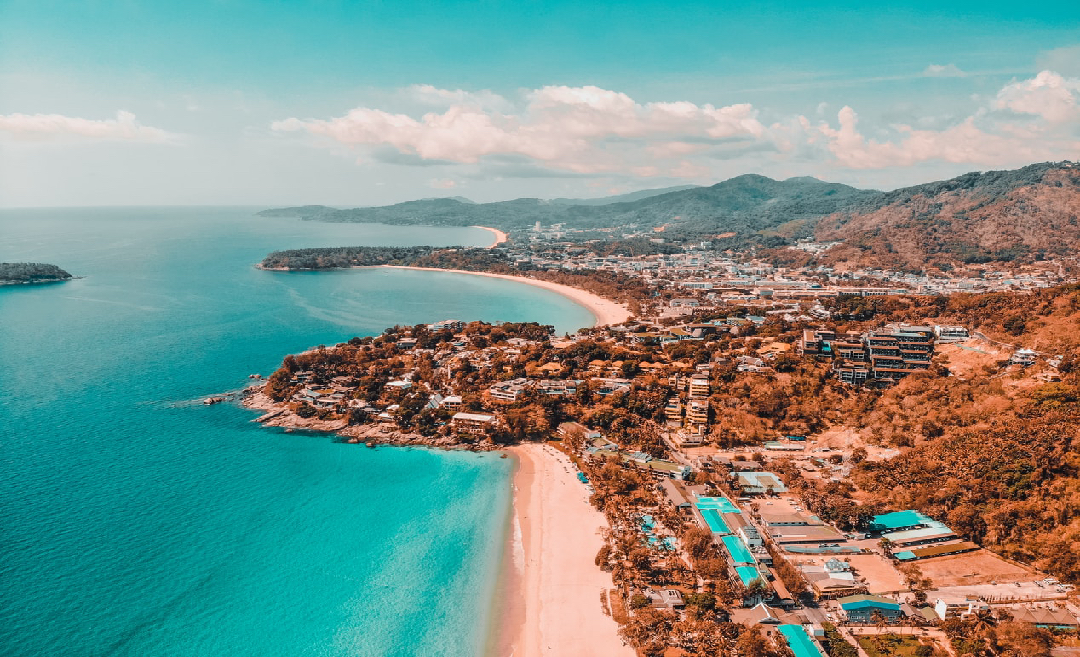
With parts of Europe, the Americas, and even Asian destinations like Phuket opening up again, it’s only a matter of time before us Malaysians get to have the world as our oyster again (fingers and toes crossed). But it looks like – vaccine passports and a green light to travel aside – there may be another caveat as to whether or not we can travel… which COVID-19 vaccine we’ve been inoculated with.
Currently, the European Union (EU) is in the midst of establishing their own vaccine passport that’s to be recognised worldwide soon. However, the only COVID-19 vaccines recognised and authorised by the European Medicines Agency (EMA) or World Health Organization (WHO) are the ones by Pfizer, Moderna, Oxford-AstraZeneca, and Johnson & Johnson. Russia-, China-, and India-produced vaccines remain off the list for now.
So, where does that leave vaccinated Malaysians?
Phase 1 of the AstraZeneca opt-in vaccines in Malaysia were EU-made. But it needs to be noted that new manufacturers of the AstraZeneca jab (Japan and Thailand) will act as the main suppliers to Malaysia to speed up mass vaccinations. While many Malaysians have been inoculated with AstraZeneca and Pfizer, there are many others who’ve already been vaccinated with the China-made Sinovac vaccine that’s still awaiting approval. Sadly, this puts those Malaysians down the list of being able to travel to Europe.
In addition to this, Malaysians looking to perform Hajj in future may face difficulty too. Currently, the only vaccines accepted in Saudi Arabia are Pfizer and Oxford-AstraZeneca, again leaving recipients of the Sinovac vaccine in the lurch.
Of course, Malaysia is still considered a high-risk country while citizens aren’t allowed to travel overseas with the exception of special cases (such as for work and education). Let’s hope that when we’re finally able to jet out of here, countries will be more accepting of all vaccines.



